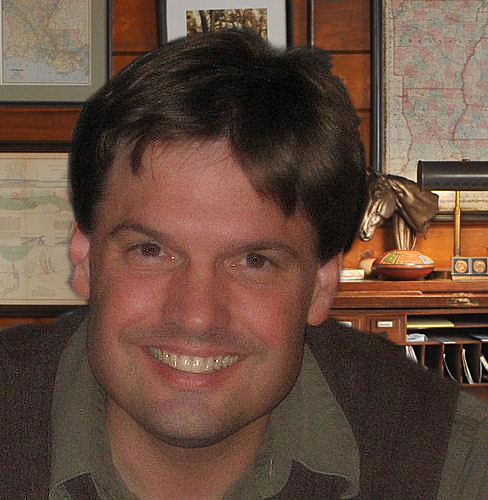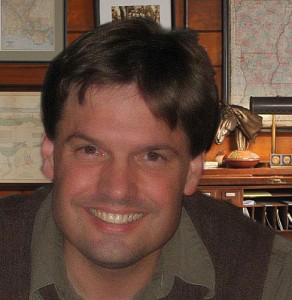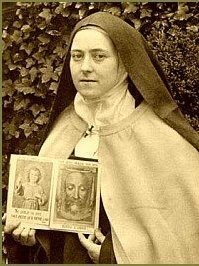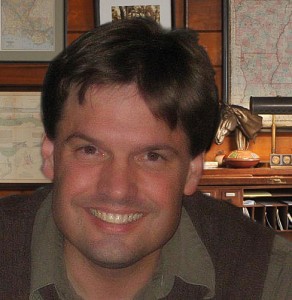Podcast: Play in new window | Download (Duration: 31:52 — 21.9MB) | Embed
Subscribe: Apple Podcasts | Spotify | Amazon Music | Android | Pandora | iHeartRadio | JioSaavn | Podchaser | Gaana | Podcast Index | Email | TuneIn | Deezer | Anghami | RSS | More
 Dr. Lilles discusses Chapter 1 and 2 of St. Teresa of Avila’s “Way of Perfection”:
Dr. Lilles discusses Chapter 1 and 2 of St. Teresa of Avila’s “Way of Perfection”:
Chapter 1 – Of the reason which moved Teresa to found the convents in such strict observance.
Chapter 2 – Treats of how the necessities of the body should be disregarded and of the good that comes from poverty.

For the audio recordings of St. Teresa’s “The Way of Perfection” you can visit the Discerning Hearts Spiritual Classics audio page
For other episodes in the series visit
The Discerning Hearts “The Way of Perfection with Dr. Anthony Lilles”s
Anthony Lilles, S.T.D. is an associate professor and the academic dean of Saint John’s Seminary in Camarillo as well as the academic advisor for Juan Diego House of Priestly Formation for the Archdiocese of Los Angeles. For over twenty years he served the Church in Northern Colorado where he joined and eventually served as dean of the founding faculty of Saint John Vianney Theological Seminary in Denver. Through the years, clergy, seminarians, religious and lay faithful have benefited from his lectures and retreat conferences on the Carmelite Doctors of the Church and the writings of St. Elisabeth of the Trinity.














 ourselves to the Lord ever more completely. Our day begins with a meditation on the psalms which point the way to this prayer. We will introduce the saints who will guide us through our reflections: St. Teresa of Avila, St. John of the Cross, St. Therese of Lisieux, St. Elisabeth of the Trinity and St. John Paul II.
ourselves to the Lord ever more completely. Our day begins with a meditation on the psalms which point the way to this prayer. We will introduce the saints who will guide us through our reflections: St. Teresa of Avila, St. John of the Cross, St. Therese of Lisieux, St. Elisabeth of the Trinity and St. John Paul II.

